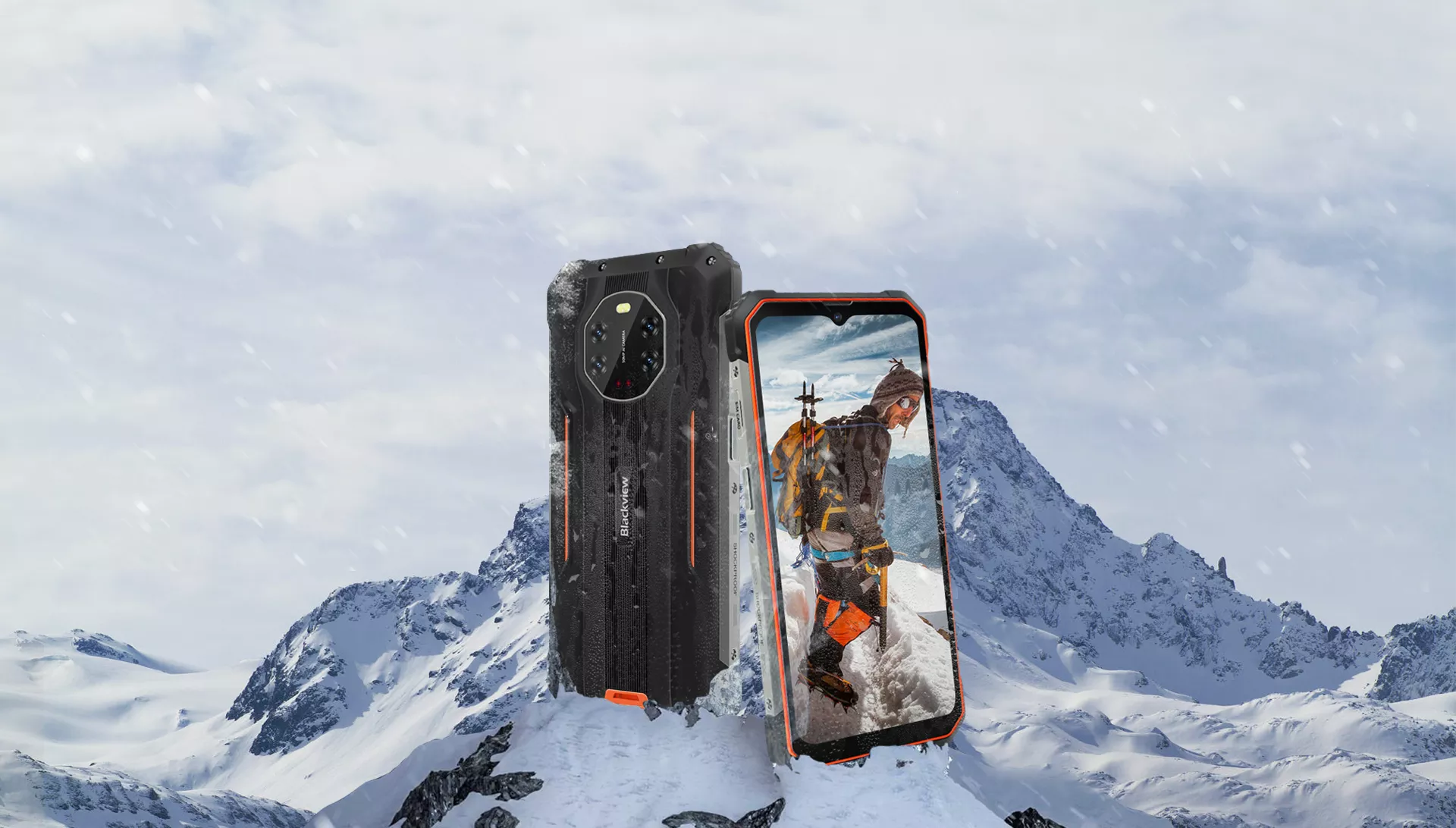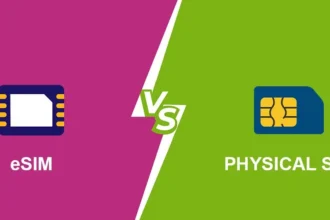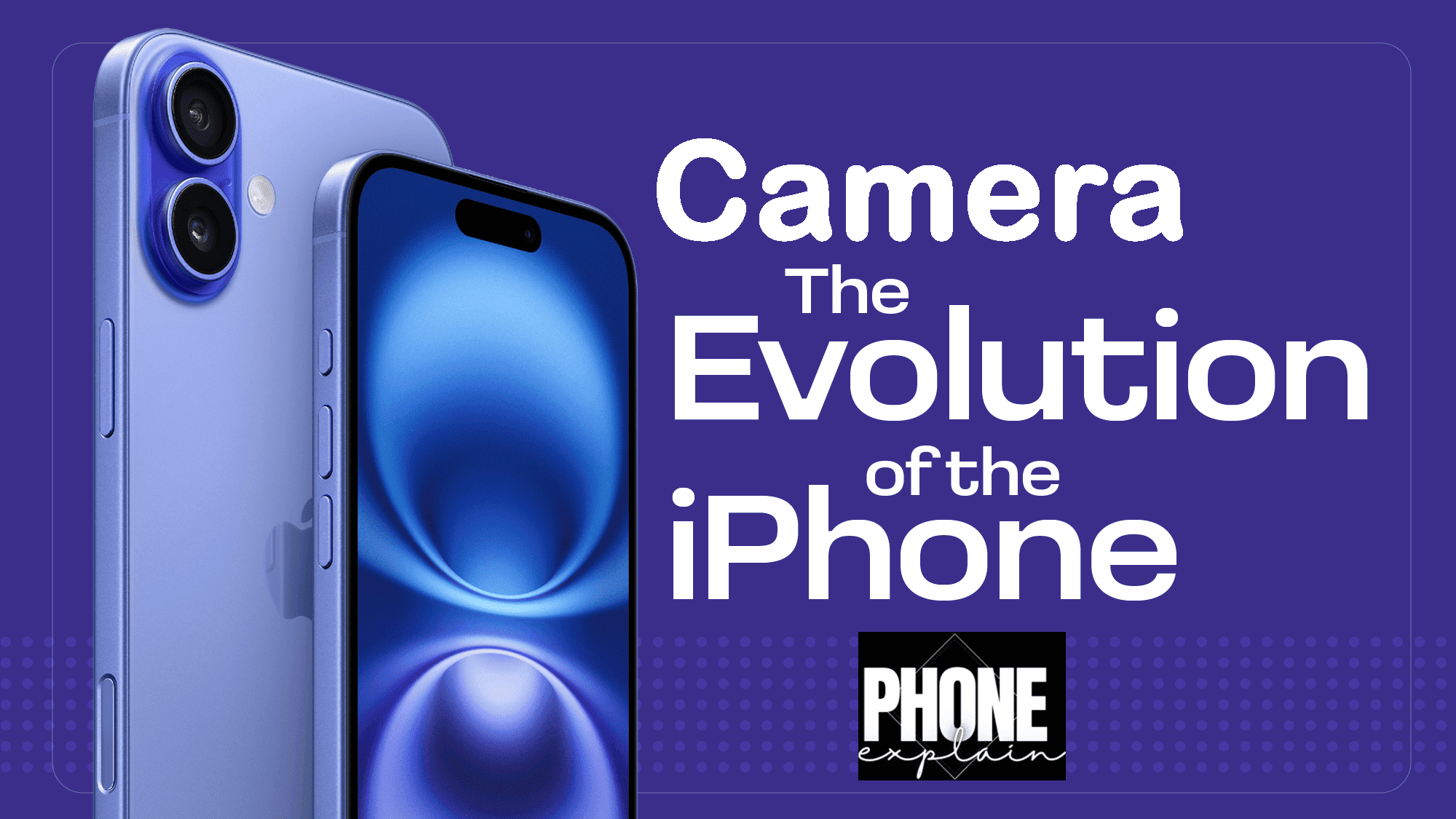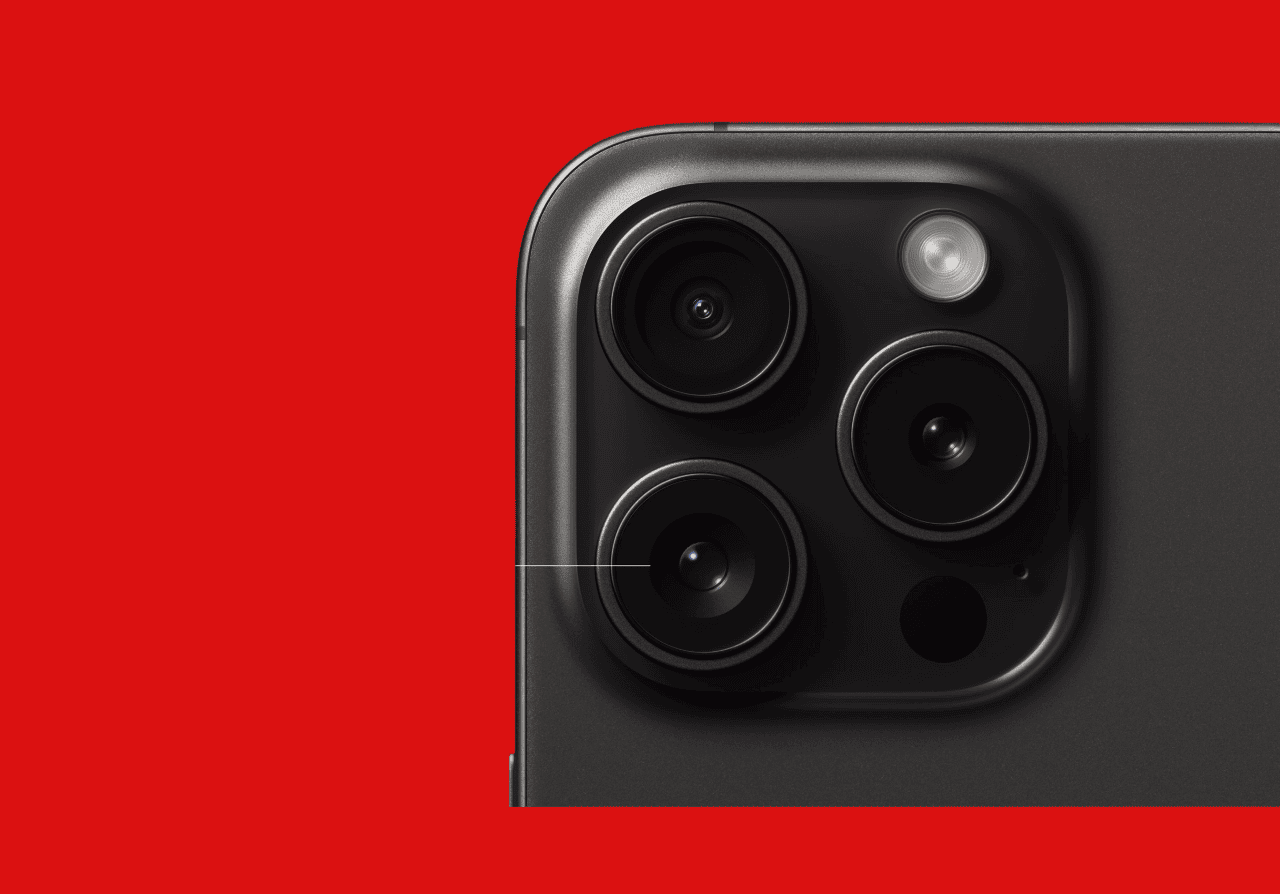Field researchers face unique challenges in their work—unpredictable weather, harsh terrains, and limited connectivity. Whether you’re conducting wildlife surveys, geological studies, or archaeological digs, your smartphone needs to keep up with the demands of remote areas. The right phone isn’t just about staying connected; it’s a critical tool for navigation, data collection, and even safety.
In this article, we’ll explore 10 of the best phones for field researchers that excel in durability, battery life, GPS accuracy, and offline map functionality. These devices have been selected with the specific needs of fieldwork in mind, ensuring you can focus on your research without worrying about your technology failing you.
What to Look for in a Phone for Field Research
Before diving into our top picks, it’s essential to understand the key features that make a phone suitable for field research:
- Durability: Phones should withstand drops, dust, water, and extreme temperatures. Look for devices with rugged certifications like IP68 or MIL-STD-810G.
- Battery Life: Long-lasting batteries are crucial for extended field sessions. Phones with high-capacity batteries or power-efficient processors are ideal.
- GPS Accuracy: Reliable GPS performance is non-negotiable, especially in remote areas where accurate navigation is critical.
- Offline Maps: The ability to download and use maps without an internet connection ensures you’re not left stranded when connectivity is limited.
- Usability in Harsh Environments: Large, bright screens, glove-friendly touch capabilities, and accessible physical buttons are advantageous.
Now, let’s look at the 10 best phones for field researchers.
1. CAT S62 Pro
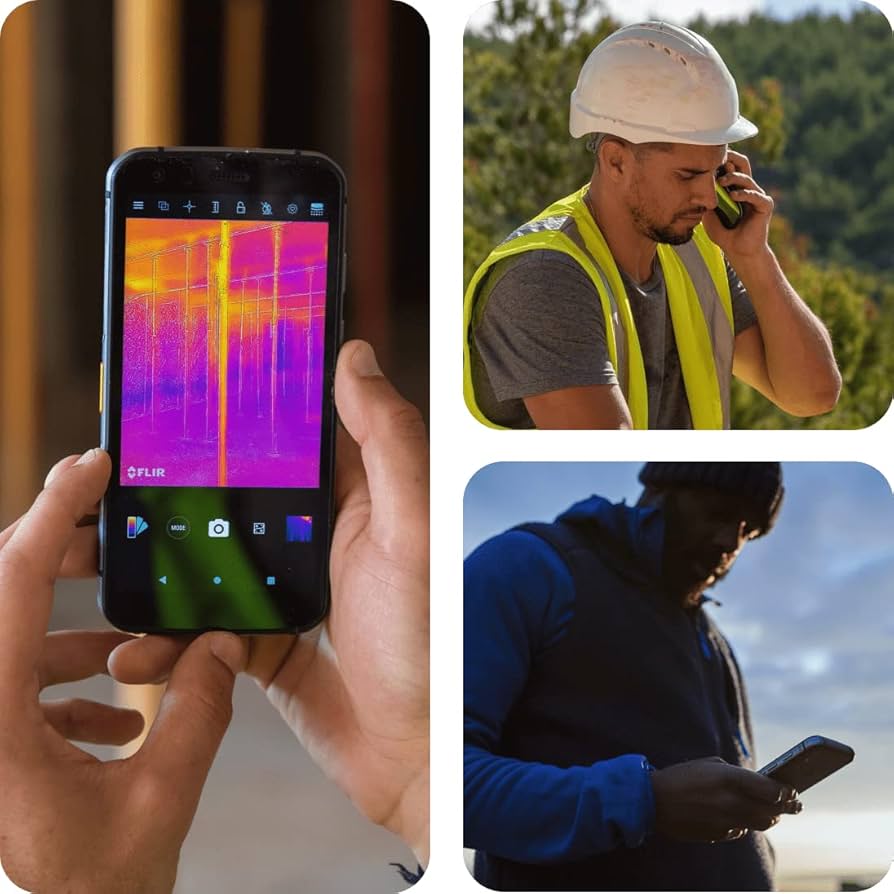
Why It’s Great for Field Research
The CAT S62 Pro is a standout for its industrial-grade durability and advanced thermal imaging capabilities, making it perfect for researchers in forestry, construction, or wildlife tracking.
- Durability: MIL-STD-810H certified and IP68-rated, it’s resistant to drops, water, and dust.
- Thermal Imaging: FLIR thermal sensor for detecting heat signatures.
- Battery Life: 4,000 mAh battery for all-day usage.
- GPS: Highly accurate GPS and GLONASS support.
This phone is built to handle extreme environments, from freezing temperatures to scorching heat, making it a reliable companion for any expedition.
2. Samsung Galaxy XCover6 Pro
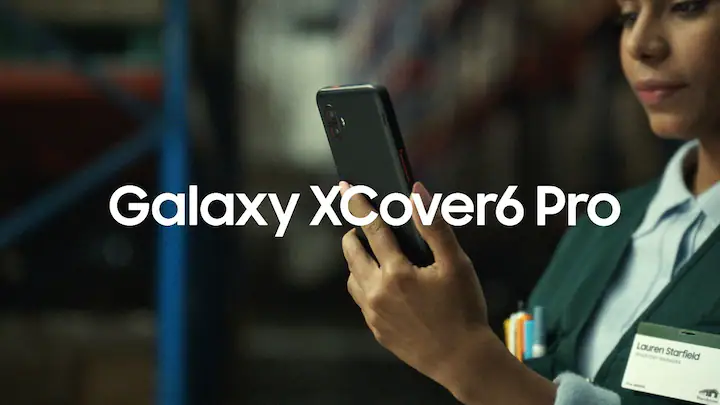
Why It’s Great for Field Research
The Samsung Galaxy XCover6 Pro combines rugged durability with the advanced features of a modern smartphone.
- Durability: MIL-STD-810H and IP68-rated for water and dust resistance.
- Battery Life: Swappable 4,050 mAh battery for extended field use.
- GPS: GPS, GLONASS, Galileo, and BeiDou for precise navigation.
- Display: 6.6-inch Full HD+ display with Gorilla Glass Victus.
Its replaceable battery makes it ideal for researchers who spend days in remote locations without access to power.
3. Ulefone Armor 14 Pro
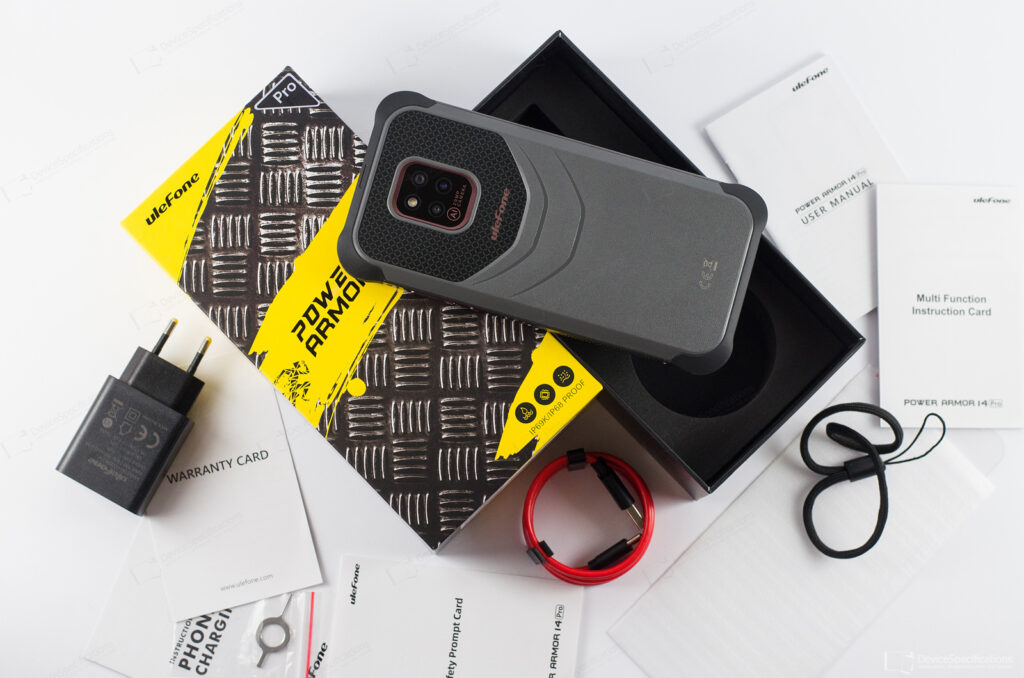
Why It’s Great for Field Research
The Ulefone Armor 14 Pro is a budget-friendly rugged phone with impressive durability and battery life.
- Durability: IP68/IP69K and MIL-STD-810G-certified for protection against drops and water immersion.
- Battery Life: Massive 10,000 mAh battery for multiple days of usage.
- GPS: Support for GPS, GLONASS, Galileo, and QZSS.
- Offline Maps: Compatible with apps like Gaia GPS and OsmAnd.
If your research takes you deep into uncharted territories, this phone’s enormous battery ensures you won’t run out of power when you need it most.
4. Garmin Tactix Delta Solar
Why It’s Great for Field Research
Technically a smartwatch, the Garmin Tactix Delta Solar makes the list due to its robust GPS capabilities and solar charging.
- GPS: Top-tier GPS performance with mapping, waypoints, and navigation tools.
- Durability: MIL-STD-810-rated for extreme conditions.
- Battery Life: Solar-powered for weeks-long battery life.
- Features: Preloaded topographic maps and offline navigation.
While not a traditional phone, this device is an excellent backup for GPS navigation and emergency communication in conjunction with a satellite communicator.
5. DOOGEE S98 Pro
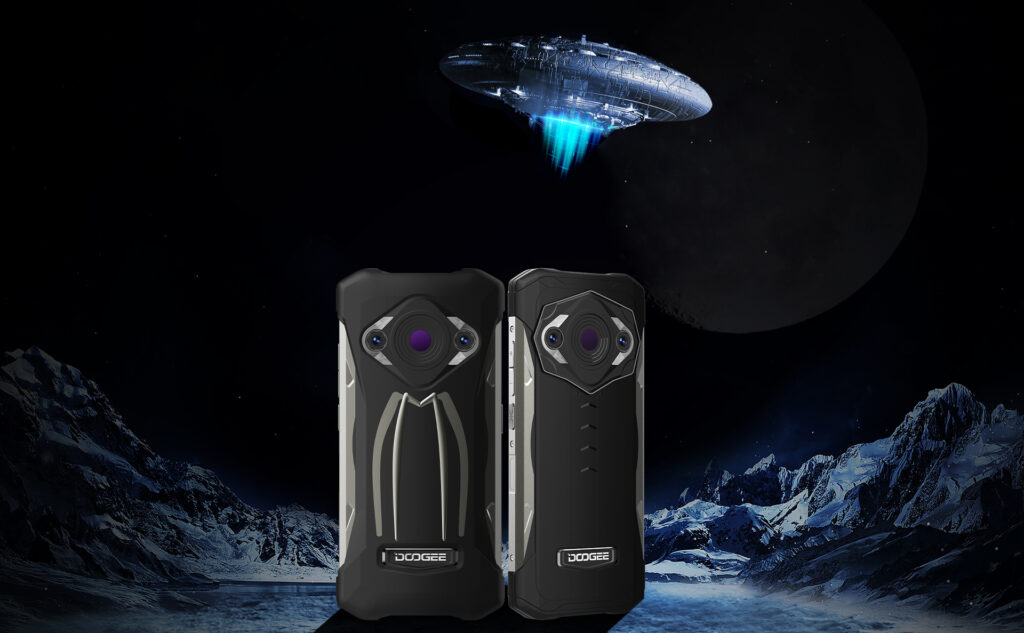
Why It’s Great for Field Research
The DOOGEE S98 Pro blends ruggedness with advanced features, including a built-in infrared thermometer.
- Durability: MIL-STD-810G and IP68-rated for water, dust, and shock resistance.
- Battery Life: 6,000 mAh battery for extended use.
- GPS: Multi-system GPS support for enhanced accuracy.
- Thermal Imaging: Infrared camera for temperature measurements.
For researchers needing thermal imaging and robust durability, the DOOGEE S98 Pro is an excellent choice.
6. Blackview BV8800
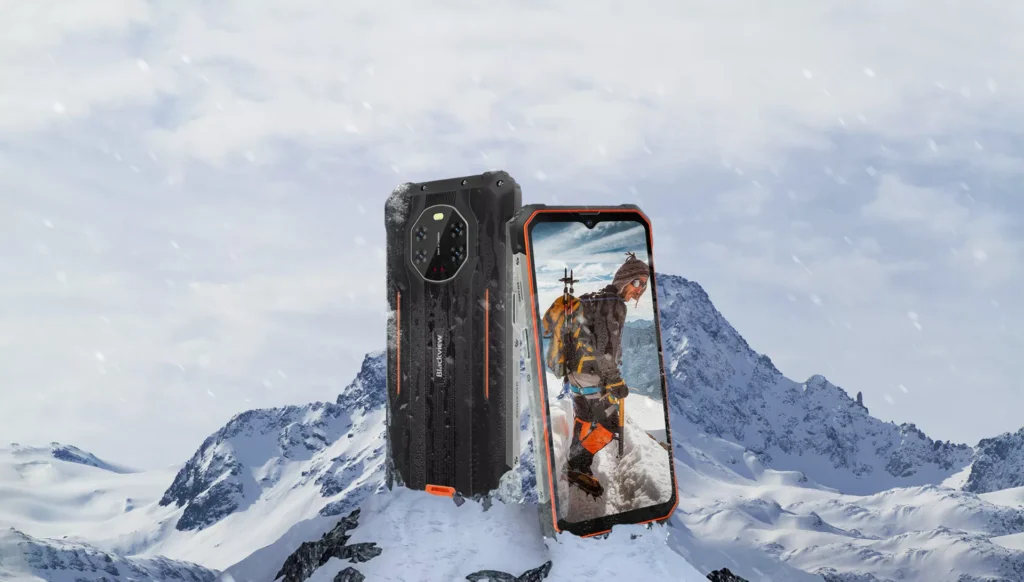
Why It’s Great for Field Research
The Blackview BV8800 is a rugged phone designed to tackle the challenges of extreme environments.
- Durability: IP68/IP69K and MIL-STD-810H-certified.
- Battery Life: 8,380 mAh battery for extended field sessions.
- GPS: GPS, GLONASS, Galileo, and BeiDou compatibility.
- Camera: Night vision for after-dark observations.
This phone excels in low-light conditions, making it ideal for wildlife researchers conducting nocturnal studies.
7. Kyocera DuraForce Ultra 5G
Why It’s Great for Field Research
The Kyocera DuraForce Ultra 5G is a rugged powerhouse with excellent connectivity and durability.
- Durability: MIL-STD-810G and IP68-certified.
- Battery Life: 4,500 mAh battery with fast wireless charging.
- GPS: Advanced GPS capabilities for reliable navigation.
- 5G Connectivity: Enables fast data uploads from remote areas with network access.
Its 5G capabilities make it a smart choice for researchers needing quick data transmission when connectivity is available.
8. Sonim XP8
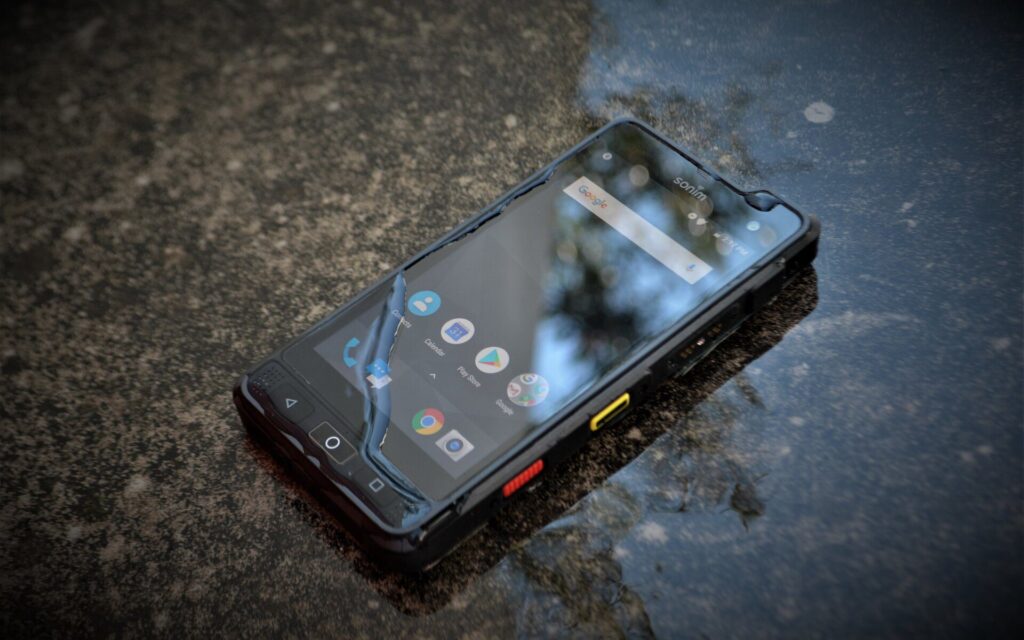
Why It’s Great for Field Research
The Sonim XP8 is purpose-built for rugged reliability and safety in remote areas.
- Durability: MIL-STD-810G and IP68-certified.
- Battery Life: 4,900 mAh battery with up to 30 hours of talk time.
- GPS: Dual-frequency GPS for exceptional accuracy.
- Push-to-Talk: Integrated for team communication.
This phone’s push-to-talk feature is particularly valuable for coordinating with teams in the field.
9. Samsung Galaxy S23 Ultra (in a Rugged Case)
Why It’s Great for Field Research
For those who want high-end performance in the field, the Samsung Galaxy S23 Ultra combined with a rugged case provides the best of both worlds.
- Durability: With a durable case, it can withstand drops and rough handling.
- Battery Life: 5,000 mAh battery with fast and wireless charging.
- GPS: Industry-leading GPS accuracy with support for multiple systems.
- Camera: Advanced camera system for high-resolution data capture.
This phone is perfect for researchers who prioritize cutting-edge technology but need added protection.
10. Apple iPhone 15 Pro Max (in a Rugged Case)
Why It’s Great for Field Research
The iPhone 15 Pro Max offers top-tier performance and ecosystem integration, making it a versatile choice for fieldwork when paired with a rugged case.
- Durability: Rugged cases like the OtterBox Defender provide excellent protection.
- Battery Life: Long-lasting battery with efficient power management.
- GPS: Precision GPS and compatibility with third-party navigation apps.
- Offline Maps: Access to detailed maps through apps like Gaia GPS and Avenza Maps.
While not inherently rugged, the iPhone’s performance and app ecosystem make it a valuable tool for researchers.
Tips for Choosing the Right Phone for Field Research
- Assess Your Needs: Consider the environment you’ll be working in and prioritize features accordingly. Extreme cold? Opt for a phone with thermal resistance. Long trips? Look for a device with a massive battery.
- Invest in Accessories: Rugged cases, screen protectors, and portable chargers can enhance the durability and functionality of your device.
- Test Before Deployment: Familiarize yourself with the phone’s features and ensure all apps and maps are downloaded before heading into the field.
- Consider Satellite Communication: In extremely remote areas, pairing your phone with a satellite communicator, such as the Garmin inReach Mini, can provide vital communication and navigation tools.
Conclusion
Selecting the right phone for field research is about more than just ruggedness—it’s about reliability, functionality, and adaptability to the challenges of remote areas. Whether you choose a purpose-built rugged phone like the CAT S62 Pro or a high-performance device like the Samsung Galaxy S23 Ultra with added protection, there’s a phone on this list that meets your needs.
Investing in the right device ensures that you can focus on your research without worrying about your tech letting you down. With any of these options, you’ll be well-equipped to navigate, document….

